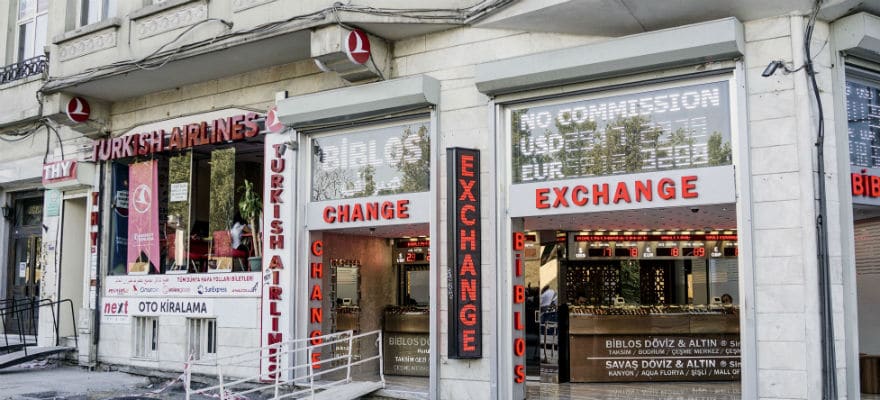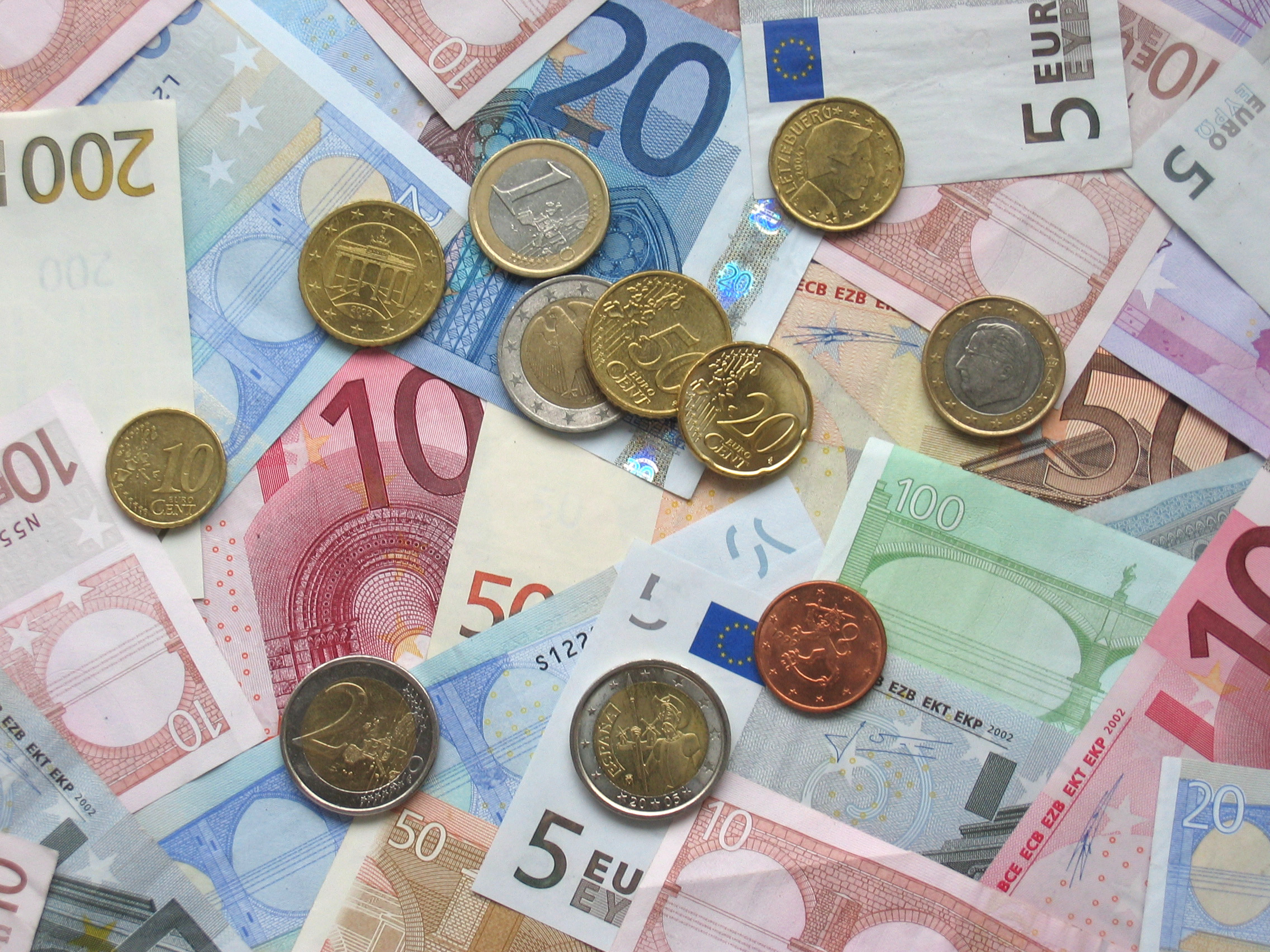As Turkish President Recep Tayyip Erdogan gradually tightens his grip on the nation’s political and economic functions, the latest coup efforts give him more fodder has he continues his crackdown on dissent and broad consolidation of power. Even though Turkey boasts extremely high economic activity, especially among emerging economies which have borne the brunt of the deceleration in global trade, Turkey has managed to avoid many of the problems facing advanced economies such as deflation and sluggish growth.
However, the coup and Erdogan’s recent manoeuvring could create significant challenges for the outlook, especially foreign investor confidence as the ongoing solidification of Erdogan’s rule creates untold risks for those wishing to take advantage of the higher growth conditions. Although the lira has managed to shake off losses from when the coup attempt first erupted, the USD/TRY remains not far from record highs, heightening the risk of further devaluation and higher inflation.
Clampdown on Dissent
Erdogan’s crusade to give himself more presidential powers has been met with positivity from some factions of Turkish society and disdain from others. He faces no shortage of criticism following his dedication to rooting out any officials critical of his strategy to consolidate authority in a number of areas, including the economy.
However, as the recent coup attempt shows, not everyone is impressed by Erdogan’s ambitious plans to restore Turkey as a major global power Hub and trends towards greater Islamic influence in government. The military, which has traditionally served as the guardian of Turkish democracy, has through its history helped to prevent creeping authoritarian and religious rule in the nation by devoting themselves to secular policies. After four successful military takeovers from 1960 onwards and fearing a similar outcome, Erdogan made moves during his years as Prime Minister to defang one of the country’s most powerful institutions.
Outside of his actions to quell any form of military dissent that may threaten his rule, Erdogan has now taken on the economy, replacing a central banker earlier in the year after many different arguments on the substance of how monetary policy should be conducted. Despite receiving high marks for his efforts, Erdem Basci, the former governor of the Central Bank of the Republic of Turkey, was dismissed at the end of his term. He was often at odds with a government led by Erdogan that insisted on lowering rates despite inflation that has remained well above the 5.00% target. At present, inflation sits at 7.64% and shows few signs of retreating. Adding to a growing sense of a creeping Islamization of Turkey was the installation of a pro-Islamic finance Central Bank head who has dropped the lending rate during each of the last four monetary policy decisions.
Tourism Nosediving
The perception that Turkey is becoming a more divisive society is no more evident than the spate of terrorism related incidents that have rocked that nation over the last year. Following a major bombing attack just weeks ago at the Ataturk airport in Istanbul, there are already preliminary signs that the critical tourism industry is already taking a nosedive. Although Russia undoubtedly hurt the industry after halting tourist trips as retaliation for the downing of a military jet, the latest string of events including a coup are weighing significantly on the outlook for the sector. Tourism currently accounts for nearly 8.00% of economic activity, with any sort of revival for the industry take a step backwards in light of recent events. Most important is the foreign currency element of tourism which is essential towards making sure there is adequate currency to pay for the ongoing current account deficit.
Restoring Investor Confidence
While many believe that Erdogan views himself as a Sultan in the making, this has not done much to restore the faith and confidence of the investing community, hurting the outlook for Turkey. Many analysts continue to view the coup with skepticism, especially in light of the government immediately producing a list of arrest warrants for thousands of individuals. With transparency continuing to fall, the environment for investors has deteriorated significantly despite $7.30 billion in foreign assets reaching the economy during 2016 through the end of May. Until the ongoing political turmoil is resolved, there is a strong concern that the economy will see those inflows reverse very rapidly, especially damaging for a country heavily dependent on foreign direct investment to catalyze growth. For the currency, the implications are dramatic, with further losses anticipated.
With the lira trending near the lowest levels on record versus the US dollar, the latest chain of events will certainly continue to pose a challenge for the nation as worsening confidence translates to outflows while the Central Bank works hard to tame inflation. Further devaluation will add to inflationary pressures, potentially preventing the Central Bank from easing monetary policy further despite Erdogan’s stated interest in seeing rates drop. After losing -11.97% versus the US dollar over the last 52-weeks, the stage is set for another round of lira losses as the USD/TRY pair approaches the record high set back in 2015. Without a restoration of market faith through confidence boosting measures, Erdogan may well preside over deepening economic malaise as he alienates the nation from international investors while being unable to prevent a deeper slide in the lira.






















